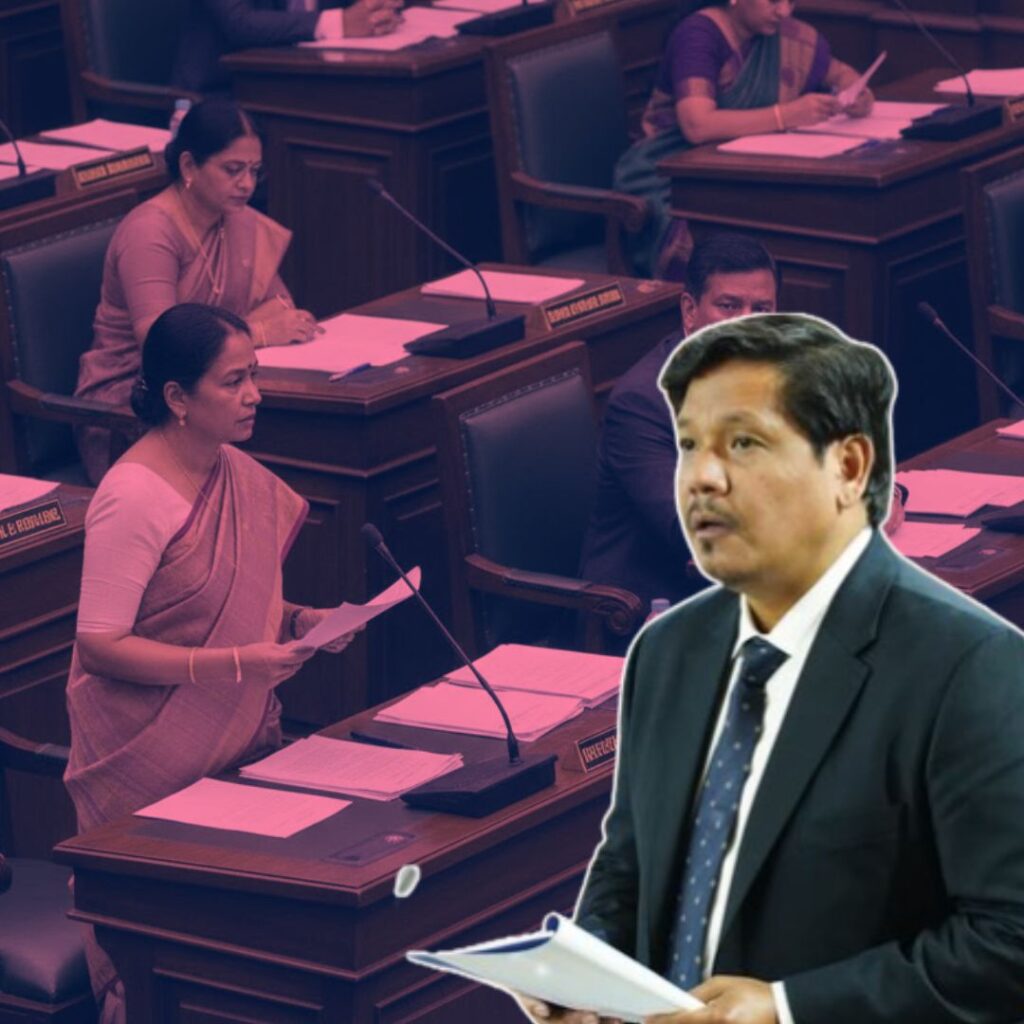The Government of India has revised the Employees’ Provident Fund (EPF) withdrawal rules, making it significantly easier for first-time homebuyers to access their savings. Under the new Para 68-BD of the EPF Scheme, 1952, members can withdraw up to 90% of their EPF corpus for housing purposes after completing three years from the date of account opening, down from the earlier five-year requirement.
Additionally, starting June 2025, EPF members can instantly withdraw up to ₹1 lakh via UPI and ATMs for emergencies, including housing, medical, education, and marriage expenses. The changes aim to ease down payment barriers, unlock dormant savings, and boost affordable housing, while speeding up claim settlements.
Eased EPF Withdrawal Rules to Empower First-Time Homebuyers
The revised EPF rules allow members to withdraw up to 90% of their accumulated balance for buying a ready house, constructing a new home, or purchasing land for residential purposes. This withdrawal facility is limited to once in a lifetime per member and requires a minimum of three years of EPF membership, a significant relaxation from the previous five-year requirement.
The Employees’ Provident Fund Organisation (EPFO) has also introduced instant withdrawal of up to ₹1 lakh through UPI and ATM from June 2025, enabling quick access to funds for emergencies. Sumita Dawra, Secretary at the Ministry of Labour and Employment, highlighted that the EPFO has integrated over 120 databases, reducing claim processing time to just 3-4 days, with 95% of claims settled automatically. These reforms are expected to particularly benefit young salaried employees struggling with upfront housing costs.
Background and Policy Context
The EPFO manages the retirement savings of over 7.6 crore salaried workers in India. Earlier, EPF withdrawals for housing were subject to stringent conditions, including a five-year membership minimum and restrictions on members enrolled in housing schemes. Rising property prices and inflation had made it difficult for first-time buyers to arrange funds without dipping into long-term savings.
The government’s decision aligns with broader affordable housing initiatives such as Pradhan Mantri Awas Yojana (PMAY) and comes at a time when infrastructure projects like the Noida International Airport and new metro lines are gaining momentum. Besides housing, the EPFO has simplified withdrawals for education, medical, and marriage expenses, improving financial liquidity for employees.
The Logical Indian’s Perspective
The Logical Indian welcomes these progressive reforms that balance financial flexibility with long-term security for millions of workers.
By easing EPF withdrawal norms and enabling instant access to emergency funds, the government is addressing critical barriers to homeownership and financial well-being. However, it is essential that employees exercise caution to avoid compromising their retirement corpus.












